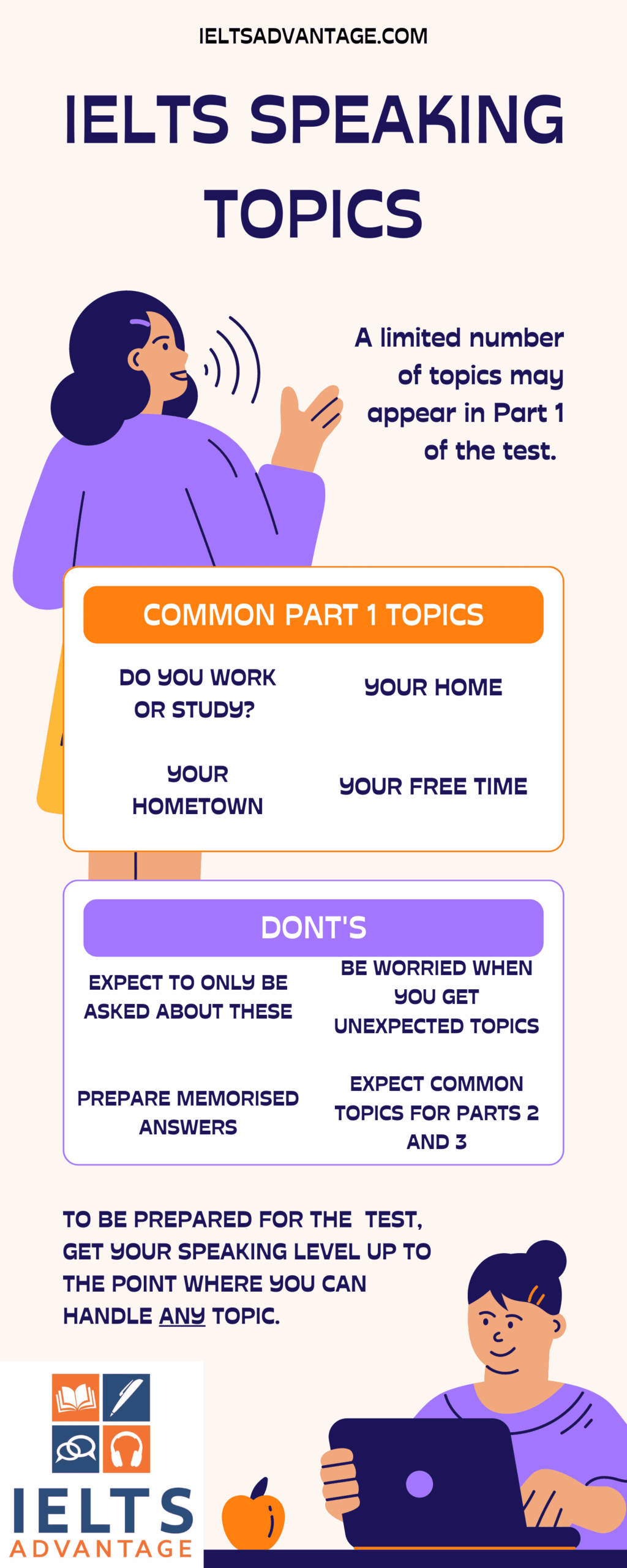When preparing for the IELTS exam, one of the key components to focus on is the speaking section. This part of the test can often be intimidating for many test-takers, as it requires you to communicate effectively in English on a variety of topics. However, with the right preparation and practice, you can feel more confident and perform well on test day.
It’s important to familiarize yourself with the types of topics that may come up in the IELTS speaking test. These topics can range from everyday conversations to more abstract ideas, so being prepared for a variety of subjects is crucial. By practicing speaking about different topics, you can improve your fluency, vocabulary, and overall communication skills.
One common topic that often comes up in the IELTS speaking test is about your hobbies and interests. This is a chance for you to talk about what you enjoy doing in your free time, whether it’s sports, music, cooking, or any other activity. By being able to discuss your hobbies in detail, you can showcase your ability to express yourself and engage in a conversation.
Another popular topic in the IELTS speaking test is about education and learning. You may be asked to talk about your own educational background, your favorite subjects, or your future academic goals. This is an opportunity to demonstrate your knowledge and articulate your thoughts on the importance of education in your life.
Other common topics that may come up in the IELTS speaking test include travel, technology, family, work, and current events. It’s important to be well-informed and able to express your opinions on a variety of subjects, as this will show your proficiency in English and your ability to engage in meaningful conversations.
In conclusion, preparing for the IELTS speaking test involves practicing a wide range of topics to improve your communication skills and fluency in English. By familiarizing yourself with common speaking topics and practicing speaking about them, you can feel more confident and prepared for the test. Remember to stay calm, speak clearly, and engage with the examiner to showcase your language abilities effectively.
